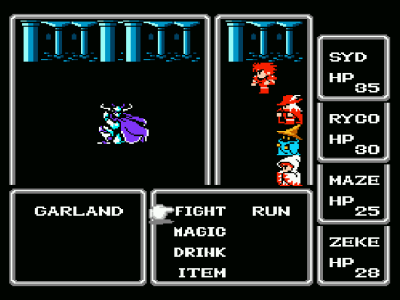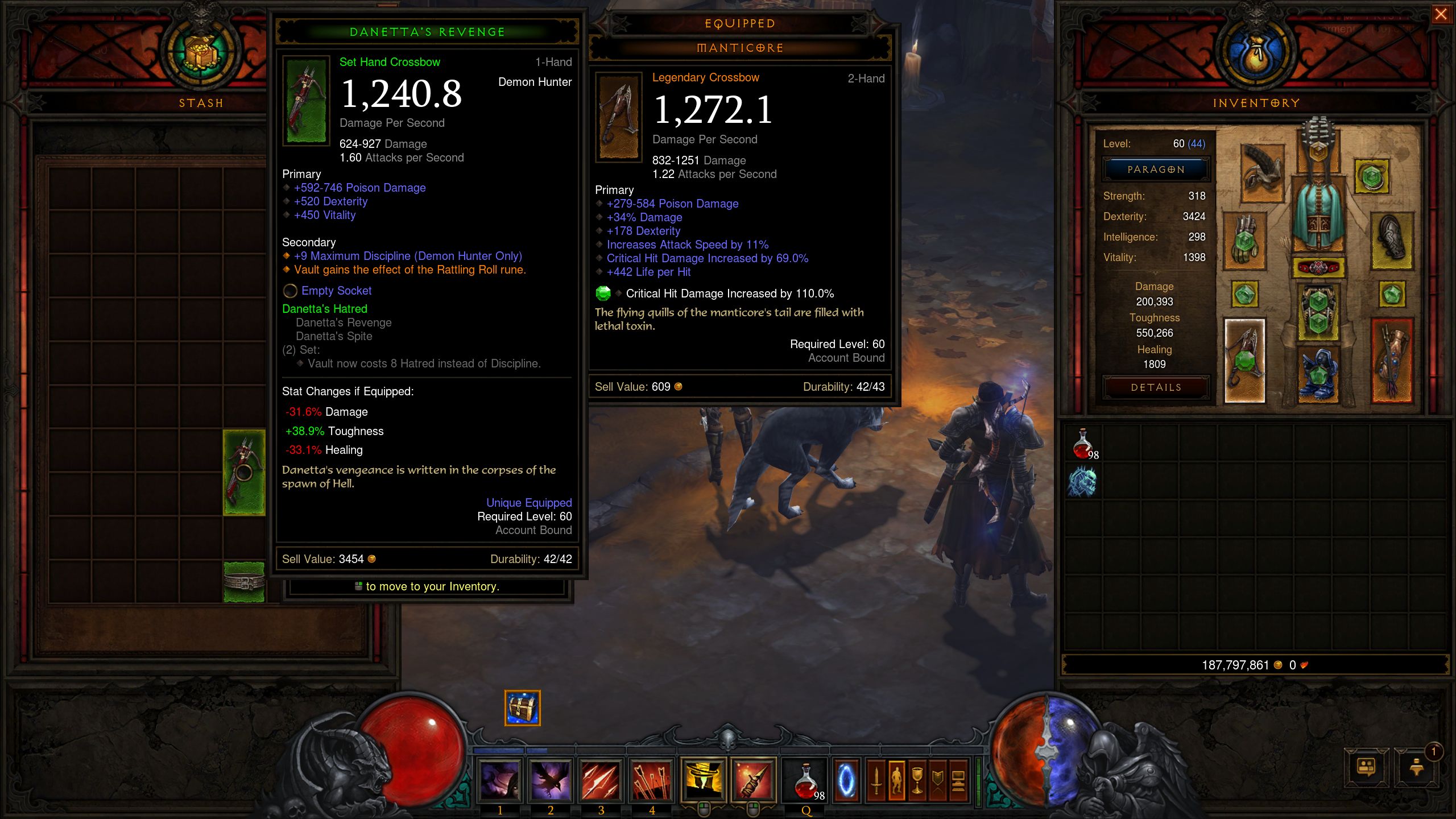Developer’s Log – Sky’s the limit
Hello! I’m Jonathan Chien, programmer and game designer for Project: Last Seas (working title) and 1/3 of our team. This is our dev blog, where we will be sharing a little bit about ourselves and, more importantly, about the game we’re making.
Posting here is as much about showing our progress as it is about seeing how far we’ve come. This being the first post of hopefully many to come, I want to put forward a few personal big-picture ideas that I hope we’ll explore with this game.
Re-imagining Action-RPG Gameplay
I’ve always been a fan of RPGs. Whether you’re looking at real-time or turn-based gameplay, RPGs reflect the joy I get when results are generally predictable, at least in the sense that you can more or less expect outcomes from your choices. Each turn in RPG classics like Final Fantasy allows players to reflect on decisions they’ve made, see and understand the results, and adjust accordingly. If my party composition is wrong, I replace some party members. If I’m taking too much damage or dealing too little to ensure success, I grind some experience. The leveling system and my stats simulate the idea that I’m getting stronger, faster, and tougher in order to surmount an enemy.
I think what often makes RPGs attractive for so many people is that the rules for the world are inherently fair and understandable for everyone. A well-designed RPG gives the player sufficient information to work out how to solve the problem at hand (“how do I defeat this enemy?”), and the tools you’re given (skills, spells, abilities) complement the effort you’ve put into improving your stats.
A critical problem in many action games is that players often don’t get a chance to really evaluate their actions. The game fails to teach the player about their errors, and the player doesn’t get the opportunity to learn. Clarity is a huge challenge in this genre, something that even some great action RPGs such as the Kingdom Hearts series still have trouble dealing with.
What also gets lost in many action-RPGs is that the item collection mechanic overshadows the decision-making. Diablo III’s gameplay style revolves around collecting effective items that improve player stats, but the focus on this particular aspect of the game takes away from the relevant function of the attacks themselves: numbers ultimately drive success. Skills and decision-making is less relevant than your damage output, meaning that the player is no longer learning: they’re just collecting.
What’s enticing about adding an action component to the RPG genre is that as a player, you can grow alongside your character. You become more skillful at performing situationally, and your success hinges upon the time you’ve put into both your character’s stats as well as your personal ability to perform. I think that’s very exciting to experience.
A huge task ahead of us for Last Seas is to create a system that improves as the player does in relevant ways while making it easy for players to evaluate their performance. Tactical decisions should be a measure of success, and the answer shouldn’t always be to grind more or to get better items.
Developer’s Log – Sky’s the limit…[cont.]

